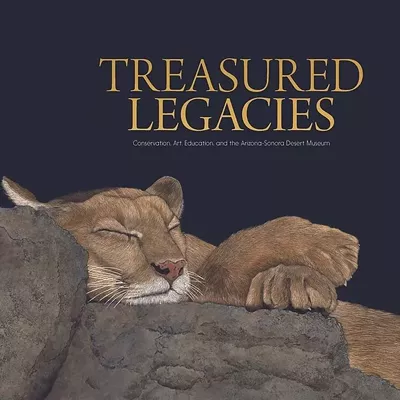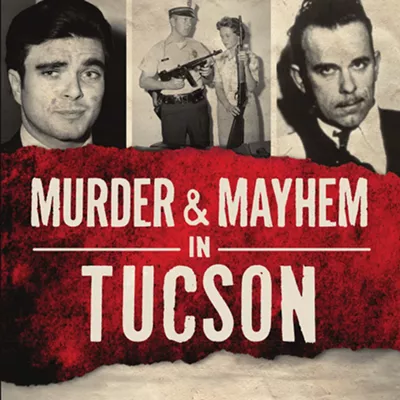The Unarmed Truth: My Fight to Blow the Whistle and Expose Fast and Furious
By John Dodson
Simon & Schuster
$26 hardcover; $13.99 e-book; 284 pages; Non-Fiction
So, you've gotta ask, whose marketing idea was it to use the words "scandal," "unpatriotic," and "Obama" in one sentence on the dust jacket of this new book on Fast and Furious? Someone who wants to put off half its reading audience?
In fact, John Dodson does not attack President Obama in his book; he barely mentions him. His account of participating in and exposing the ATF's "Fast and Furious" gun-walking operation from 2006 to 2011 reads as a more personal struggle—office, rather than Washington, politics. He rails at bureaucratic jurisdictional issues and ill-conceived and ill-executed plans.
Dodson is dyed-in-the-wool law enforcement: He worked in Army intelligence directly out of high school, and then became a sheriff's deputy and detective. As an undercover narcotics agent in Virginia, collaborating with federal drug enforcement, he gained access to other federal agencies—including a team recovering bodies from the Pentagon after Sept. 11 and one responding to the shooting at Virginia Tech. He eventually was hired by the Bureau of Alcohol, Tobacco, Firearms and Explosives.
In 2009, he was transferred to Phoenix to join a task force to flush out Mexican criminals. Used to police work, Dodson was surprised to learn that, rather than arresting the men buying guns to sell to Mexican cartels, he was to observe them and report back. When he realized that the U.S. was actually facilitating the gun purchases, Dodson spoke out loudly, much to the irritation of his superiors. When Border Patrol Agent Brian Terry was killed by a Fast and Furious-supplied weapon, and it was apparent that his bosses planned to cover up their involvement, he decided to blow the whistle.
Dodson's account is compelling. He details stories and names names. He does seem a bit of a loose cannon—outspoken, a little crude, physical, head-strong—but the story might not have gotten out had he been different. You wouldn't go to The Unarmed Truth for Dodson's political musings, which are fortunately brief, but for his experience itself. It's real-life feds and one guy's truth-telling; more convincing and genuine than a book marketer's loaded rhetoric.
The Light and the Dark
By Mikhail Shishkin; translated from the Russian by Andrew Bromfield
Quercus Publishing
$24.95; 320 pages; Fiction
Mirrors are a recurring image in this wondrous new novel by Russian writer Mikhail Shishkin. The two central characters peer into them to discover who they are; their emotions mirror each other's; they refer to the fantastic world of Prester John, whose realm had a mirror through which all provinces could be seen. But mirrors can mislead. This novel, composed of alternating letters between two young lovers, can be rapturous and visual, but not reveal all.
In The Light and the Dark, lovers Sashka and Vovka are separated. Vovka has joined the forces allied to quell the Boxer Rebellion in China, and Sashka is home in Russia. Vovka had wanted to be a writer but chose to experience life rather than describe it. His letters—laced with declarations of love—contain literary allusion and philosophical speculation along with graphic descriptions of war. Imaginative Sashka writes of her two personalities, of a tangle of barbed wire that spoke to her like a burning bush ("I am Alpha and Omega ..."), of the baby she creates out of snow, as well as her friends and work. We learn specifics of their childhoods and their love affair through the secrets they reveal to each other and the incidents they recall and relate.
Shishkin, who has won the Russian Booker Prize, does something here beyond knitting a rich story of love, death, joy and pain in life, the nature of language and writing. He subtly and wickedly plays with our perceptions of time and narrative.
Lyrical and realistic, fantastic and quotidian, rendered in vivid prose, The Light and the Dark speaks to why Mikhail Shishkin has been compared to the giants of 19th-century Russian letters.







